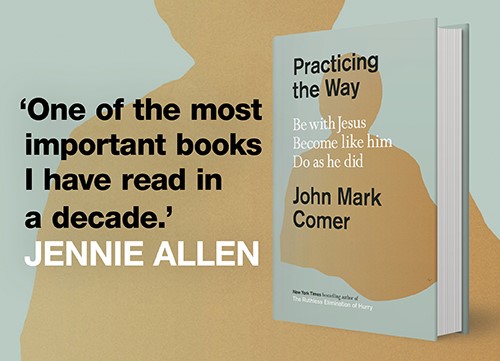We use cookies to make your experience better. To comply with the new e-Privacy directive, we need to ask for your consent to set the cookies. Learn more.

| Publication Date: 21 Nov 2019 |
|---|
| Publisher: SPCK Publishing |
| Page Count: 240 |
| Author: Denis Alexander |
| ISBN-13: 9780281081332, 9780281081349, 9780281081356 |
Has Science Killed God?
Summary of Has Science Killed God?
This excellent collection of Faraday Papers reflects the way that thinking has progressed over the past decade and fulfilled some of the aspirations of the Faraday Institute for which it was set up.
This volume is invaluable for anyone wishing to understand current science and faith debates. Its outstanding feature is its comprehensiveness. It gives historical and philosophical perspective as well as spelling out the wider implications of advances in evolutionary biology, quantum physics, neuroscience, genetics, and geology for Christian faith. I strongly recommend it.
I envy the British for their rich resources in profound scholarship at the interface of science and the Christian faith. This book is a testimony to that. Look no further if you are searching for an accessible introduction to a broad spectrum of interesting subjects in this area, from philosophical ponderings about the nature of science, to Bible interpretation, to creation care, to the intriguing questions posed by neuroscience and genetics. Highly recommended!












Here are 20 papers from the Faraday Institute for Science and Religion, which is a UK educational charity, and a member of the Cambridge Theological Federation which is an affiliate of Cambridge University. In addition to academic research, the Institute engages in the public understanding of science and religion by means of courses, conferences, lectures, seminars and the media.
The Faraday Papers provide the general reader with accessible and readable introductions to the relationship between science and religion, written by a broad range of authors who are expert in the field. They are intended to be read by those without a scientific background. Here they are collected for the first time into a single volume.
Contributors include:
Has Science Killed God? - Prof. Alister McGrath FRSA
The Science and Religion Debate, an Introduction - Revd Dr John Polkinghorne KBE FRS
Why Care for the Environment? - Prof. Sir John Houghton FRS
Ethical Issues in Genetic Modification - Prof. John Bryant
The Age of the Earth - Prof. Bob White FRS
Creation and Evolution not Creation or Evolution - Prof. R.J. Berry FRSE